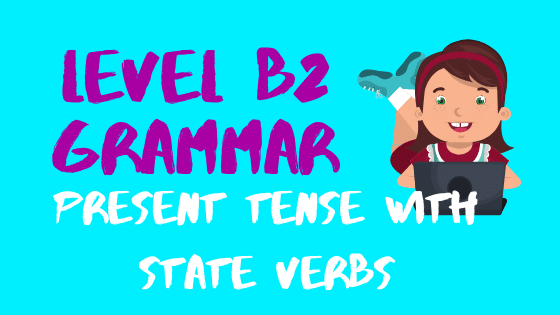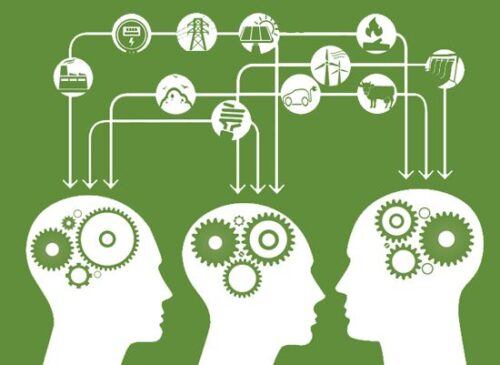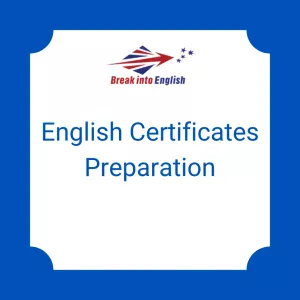Some English verbs, called state verbs, are almost always used in simple rather than continuous tenses. These verbs are most often about thoughts, feelings, possession or the senses, and are usually considered as a state or condition that’s either true or false, not as something that is in the process of happening. For example:
I want to get a new t-shirt. [state is true]
I don’t want to get a new t-shirt [state is false]
(not I am wanting/ am not wanting to get a new t-shirt.) [in process]
In this blog post we are going to learn about how and when to use these verbs, and avoid some typical mistakes.
Most common state verbs
Below is a list of some of the most common state verbs and how they are used. They can be divided into categories which makes them easier to remember.
State verbs for describing thoughts:
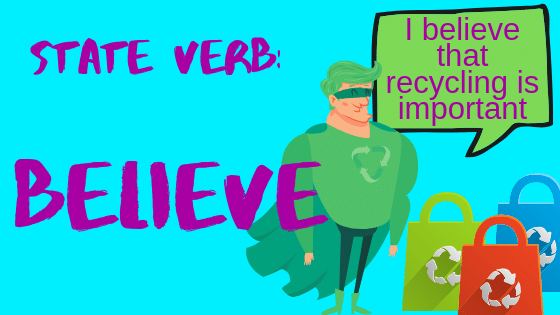
Believe, know, mean, realise, recognise, remember, suppose, understand, feel (as in believe), think (as in believe), For example:
I believe that recycling is important. (Not I am believing)
He knows that man. (Not He is knowing)
They feel we should take more time to reconsider. (Not They are feeling)
We think that’s a great idea. (Not We are thinking)
Note: Feel and think are not state verbs when the are describing the action:
I’m thinking about what to do this weekend.
He said he is feeling sick today.
Describing feelings:
Vocabulary for talking about feelings – like, dislike, love, hate, want, wish, prefer, adore, despise, For example:
I like this new TV show. (Not I am liking)
She dislikes the business course. (Not she is disliking)
Describing possession:
Belong, have, have got, own, possess, For example:
This book belongs to my mother. (Not this book is belonging)
I have three pets. (Not I am having)
Note: Have can be continuous when it does not mean ‘possess’ (usually when it’s an auxiliary):
They are having lunch at the moment.
We are having a great time on holiday.
Describing senses:
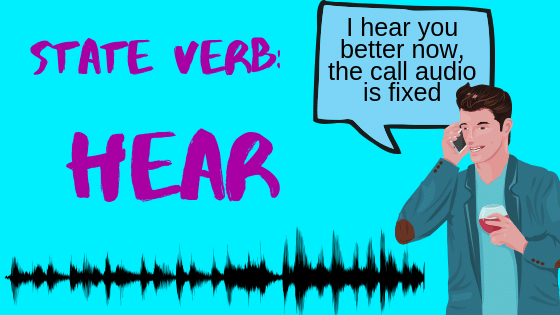
Smell, taste, hear, see, For example:
This sauce tastes wonderful. (Not this sauce is tasting)
I hear you better now, the call audio is fixed. (Not I am hearing)
Do you see that building over there? (Not Are you seeing)
Note: We use “can” with sense verbs to show we are talking about this present moment:
(right now) I can see the beach from the window.
(right now) I can hear music from the room next door.
Note: Taste and smell can be continuous when they describe the action:
I’m tasting the sauce to see if it needs more salt.
They are smelling different perfumes in the boutique.
Note: See can be continuous when it means ‘meet’:
Are you seeing Lisa today?
Note: Listen to, watch and look at are not state verbs and can be continuous:
He is listening to music while she is watching a film.
Do you want to boost your English skills?
Sign up for lessons with a trained native teacher here:
Other state verbs:
Contain, deserve, fit, seem, look (as in seem), look like, matter, weigh, For example:
This food contains nuts.
She weighs 65 kilos.
Note: Weigh can also be continuous when it describes the action:
She is weighing her suitcase.
The use of the present continuous tense with state verbs
State verbs, which are also known as stative verbs, describe the way that something IS. On the other hand, we use dynamic verbs to talk about actions and events: things that happen.
Whereas we usually use state verbs with the present simple tense, it wouldn’t be fair to let you go without a few examples of how we use these verbs with the present continuous.
If I want to emphasise that something is temporary or happening now, around the present time, I can sometimes use the present continuous tense with these state verbs.
This week I am working with the marketing department. I am loving it!.
I am really loving the recommendations from Netflix at the moment!
These two sentences describe temporary situations, we know this because of the phrases “this week” and “at the moment”. The first sentence means that right now I am loving my job, but that will probably change when I stop working with the marketing department. The second sentence means that I am enjoying the recommendations from Netflix, right now, but that will probably change in the future.

This article was written by Break Into English’s blog contributor Ilaria Marazzina.

